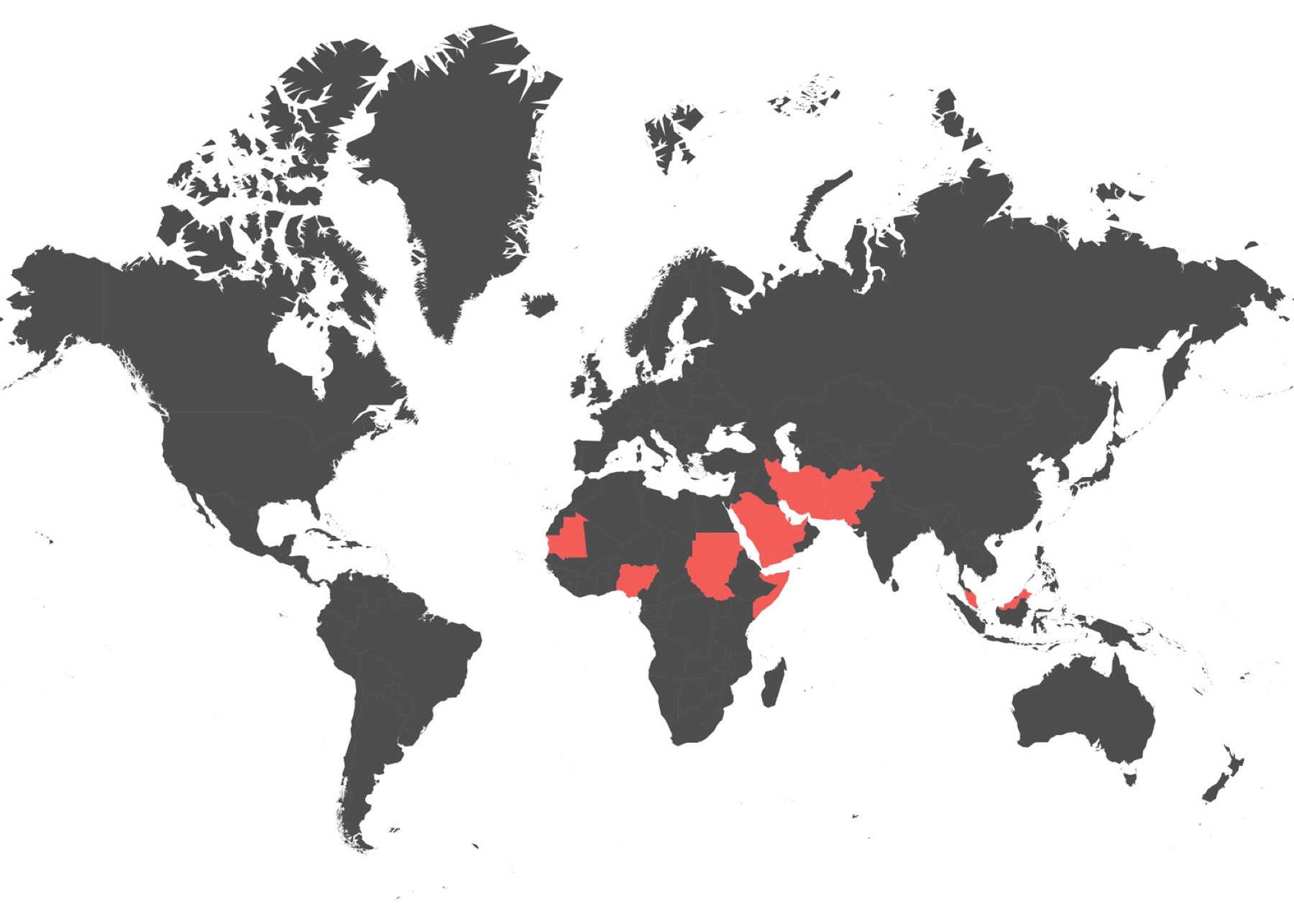What becomes of our human culture as Amazon crushes booksellers and publishers, Twitter dumbs down journalism, knowledge is replaced by keyword search, and the internet becomes a popularity contest?
Leon Wieseltier contributing editor at The Atlantic has some thoughts.
From NYT:
Amid the bacchanal of disruption, let us pause to honor the disrupted. The streets of American cities are haunted by the ghosts of bookstores and record stores, which have been destroyed by the greatest thugs in the history of the culture industry. Writers hover between a decent poverty and an indecent one; they are expected to render the fruits of their labors for little and even for nothing, and all the miracles of electronic dissemination somehow do not suffice for compensation, either of the fiscal or the spiritual kind. Everybody talks frantically about media, a second-order subject if ever there was one, as content disappears into “content.” What does the understanding of media contribute to the understanding of life? Journalistic institutions slowly transform themselves into silent sweatshops in which words cannot wait for thoughts, and first responses are promoted into best responses, and patience is a professional liability. As the frequency of expression grows, the force of expression diminishes: Digital expectations of alacrity and terseness confer the highest prestige upon the twittering cacophony of one-liners and promotional announcements. It was always the case that all things must pass, but this is ridiculous.
Meanwhile the discussion of culture is being steadily absorbed into the discussion of business. There are “metrics” for phenomena that cannot be metrically measured. Numerical values are assigned to things that cannot be captured by numbers. Economic concepts go rampaging through noneconomic realms: Economists are our experts on happiness! Where wisdom once was, quantification will now be. Quantification is the most overwhelming influence upon the contemporary American understanding of, well, everything. It is enabled by the idolatry of data, which has itself been enabled by the almost unimaginable data-generating capabilities of the new technology. The distinction between knowledge and information is a thing of the past, and there is no greater disgrace than to be a thing of the past. Beyond its impact upon culture, the new technology penetrates even deeper levels of identity and experience, to cognition and to consciousness. Such transformations embolden certain high priests in the church of tech to espouse the doctrine of “transhumanism” and to suggest, without any recollection of the bankruptcy of utopia, without any consideration of the cost to human dignity, that our computational ability will carry us magnificently beyond our humanity and “allow us to transcend these limitations of our biological bodies and brains. . . . There will be no distinction, post-Singularity, between human and machine.” (The author of that updated mechanistic nonsense is a director of engineering at Google.)
And even as technologism, which is not the same as technology, asserts itself over more and more precincts of human life, so too does scientism, which is not the same as science. The notion that the nonmaterial dimensions of life must be explained in terms of the material dimensions, and that nonscientific understandings must be translated into scientific understandings if they are to qualify as knowledge, is increasingly popular inside and outside the university, where the humanities are disparaged as soft and impractical and insufficiently new. The contrary insistence that the glories of art and thought are not evolutionary adaptations, or that the mind is not the brain, or that love is not just biology’s bait for sex, now amounts to a kind of heresy. So, too, does the view that the strongest defense of the humanities lies not in the appeal to their utility — that literature majors may find good jobs, that theaters may economically revitalize neighborhoods — but rather in the appeal to their defiantly nonutilitarian character, so that individuals can know more than how things work, and develop their powers of discernment and judgment, their competence in matters of truth and goodness and beauty, to equip themselves adequately for the choices and the crucibles of private and public life.
Read the entire essay here.
 The inflammatory rhetoric of the US election gives me pause. Pretenders to the nation’s highest office include xenophobes and racists. Yet their words of fear and hate are protected by one of the simplest and most powerful sentences written in to law:
The inflammatory rhetoric of the US election gives me pause. Pretenders to the nation’s highest office include xenophobes and racists. Yet their words of fear and hate are protected by one of the simplest and most powerful sentences written in to law: